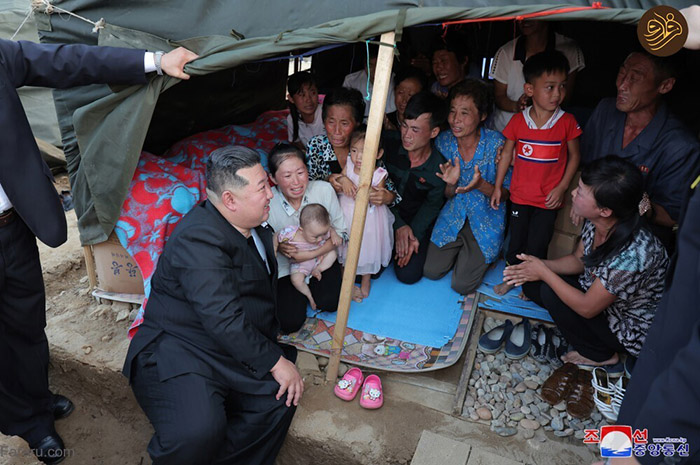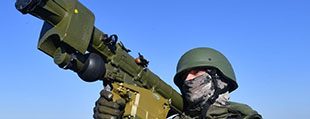The Economic Impact of the Floods
The floods have struck North Korea at a particularly challenging time. The country’s economy has been hit hard by international sanctions, which have restricted its ability to engage in trade and access foreign currency. Additionally, the COVID-19 pandemic has led to a near-complete shutdown of the country’s borders, further isolating it from the global economy.
The destruction of agricultural lands and infrastructure caused by the floods will likely exacerbate food shortages and strain the country’s already limited resources. This could lead to increased hardship for the general population, particularly in rural areas where food insecurity is already a major concern.
The Role of the Military in Recovery Efforts
North Korea’s military is expected to play a significant role in the recovery efforts. The country has a history of mobilizing its armed forces to respond to natural disasters, and the current situation is no exception. However, the military’s involvement in disaster response also reflects the regime’s reliance on the armed forces to maintain control and project strength.
Internal Stability and Regime Legitimacy
Kim Jong Un’s visit to the flood-stricken areas can be seen as an effort to bolster internal stability and reinforce the legitimacy of his regime. By personally overseeing the recovery efforts, Kim is attempting to demonstrate his commitment to the well-being of the people and to reinforce the idea that the government is capable of handling crises.
However, the effectiveness of this strategy may be limited by the harsh realities on the ground. If the recovery process is slow or inadequate, it could lead to increased dissatisfaction among the population, particularly in regions that have been severely affected by the floods.

